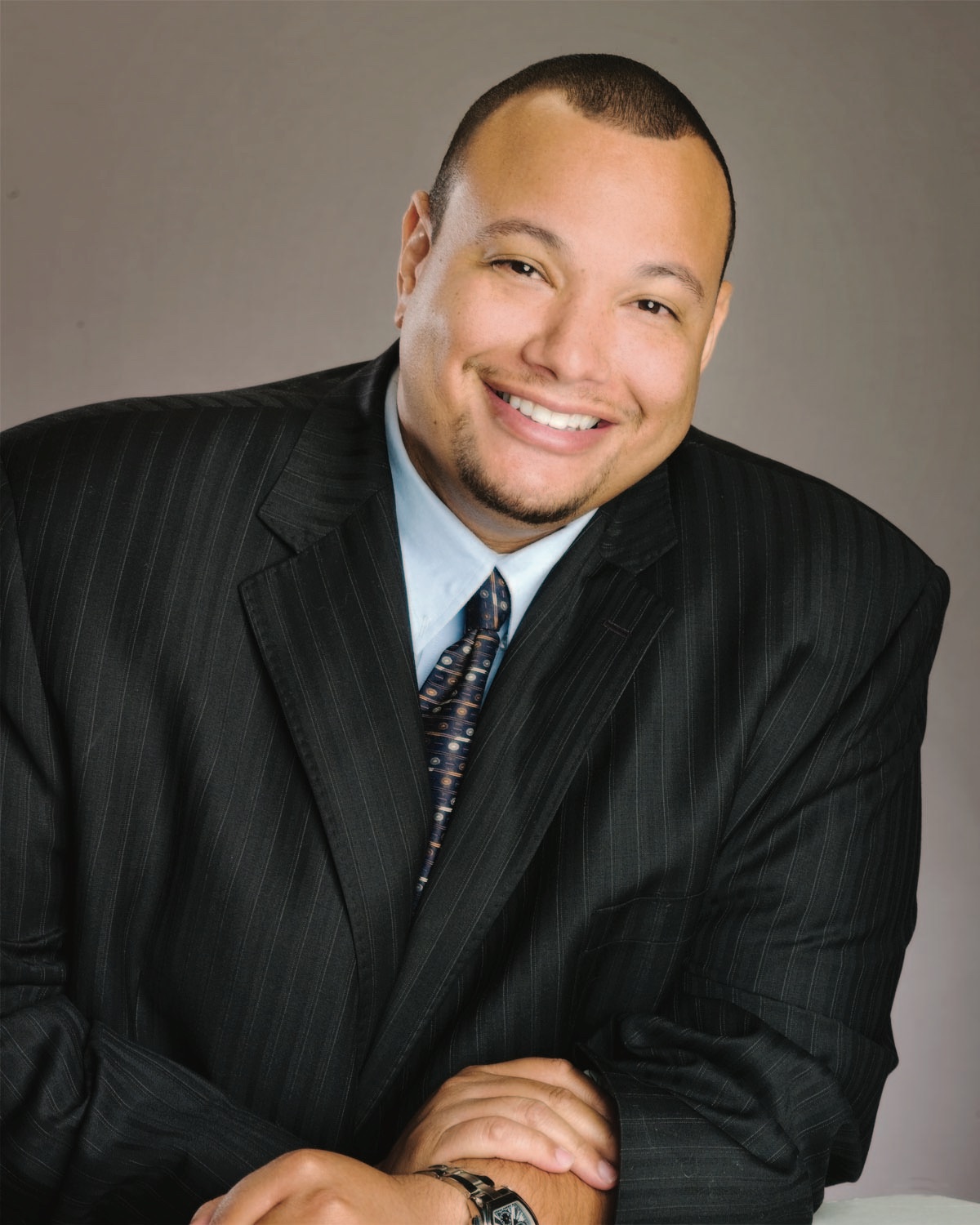(Orlando Sentinel) President Obama’s recent commencement speech at Morehouse College inspired this column. As scholars of the black experience and beyond, we feel privileged to have witnessed Obama’s historic election and are fortunate to serve as chroniclers and analysts of his presidency.
Since 2010, we have organized the annual “Barack Obama and American Democracy Conference,” alternately held at Tufts University and Arizona State University. It explores the impact of Obama’s presidency on the idea of race and democracy. Recently, we listened to parts of his Morehouse commencement address with great sadness.
The speech made national headlines for portions that admonished young black men to “stop making excuses” for poverty, racism, mass incarceration and unemployment. It represented a missed opportunity to offer bold and creative policy measures (even by executive order) to ameliorate the plight of black Americans who remain staggeringly underrepresented in trade schools, colleges, universities and the workplace, and consequently over-represented in the criminal justice and social-welfare systems.
Regrettably, the most widely quoted parts of his speech amplified racial stereotypes about African-American men based more on enduring myths of laziness, ignorance and indolence rather than inspired the kind of community-wide change he ostensibly seeks.
President Obama has been quoted as saying that, despite his status as the nation’s first African-American president, he could not simply be “president of black America.”
Fair enough. But he can’t have it both ways and speak to predominantly black audiences (especially black men) with a condescending and patronizing tone that would be considered blatant racism if uttered by a white president, while distancing himself from African-American causes and labels.
First lady Michelle Obama adopted a similarly unfortunate line of argument in her recent Bowie State University commencement address. We understand that the president and first lady operate in a racially exclusive bubble where community connectedness is perhaps unrealistic, but we abhor their racialized pin-pricking of African-American men and unwillingness to discuss the structural challenges facing so many of them.
The Obamas seem to believe that rap music and hip-hop culture are to blame for the racial achievement gap, low test scores, rising dropout rates, crumbling schools, poverty and violence that too often plague urban school districts. There is no credible evidence to support this narrative, and let us not forget that hip-hop helped Obama win the White House.
Moreover, not all black youth and adults listen to hip-hop. Such diagnostics amount to thinly veiled and expedient rationale for the disconnected and elite who are unwilling to tackle the core problems facing black families.
The cumulative impact of these commencement speeches, delivered before graduating classes at two historically black colleges, is to shift the burden of black achievement in the 21st century away from institutional and structural racism to themes of individual responsibility. Self-help is only a part of the equity and equality conundrum.
The Obamas’ narrative locates the roots of black poverty, unemployment and misery in the pathological behavior of African-Americans rather than in the brutal and still continuing legacies of slavery and Jim Crow. An acknowledgment of this history made fleeting appearances in both commencement speeches before hurriedly giving way to pathological characterizations that demonize millions of black men and women as unfit to carry the burdens of citizenship.
We know that it is unpopular to discuss the past, but the ugly truth remains that we are less than two generations out of Jim Crow, and respectfully await the day when President Obama’s policypronouncements will help empower African-Americans — the minority group that embraced and provided him with racial, ethnic and cultural solace long before his political ascendancy.
As leading intellectuals from the same generation, we are disappointed by Obama’s record on race and poverty and disheartened by the lack of black men appointed to high-profile positions.
We had hoped that his election as America’s first black president would bring about unprecedented opportunities for qualified and talented African-Americans to scale historic barriers in government.
The authors are Jeremy I. Levitt, Florida A&M University; Peniel E. Joseph, Tufts University; Matthew C. Whitaker, Arizona State University; Ricky L. Jones, University of Louisville; W. Jelani Cobb, University of Connecticut; and Yohuru R. Williams, Fairfield University.

